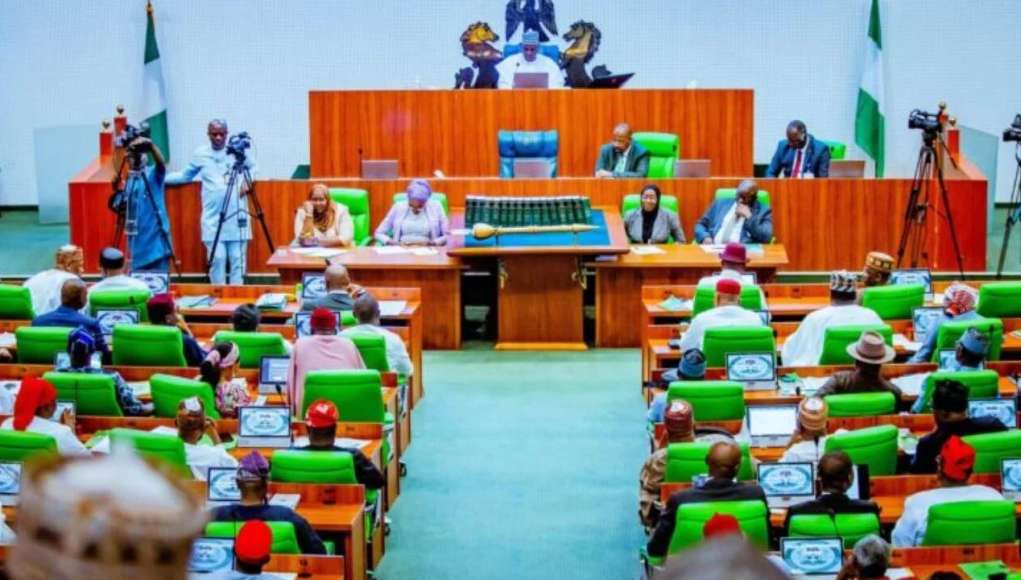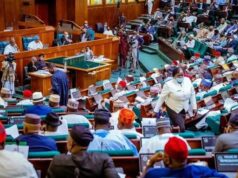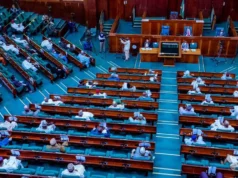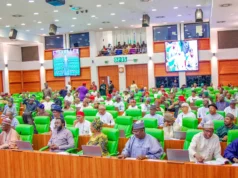The House of Representatives has called on the police and other security agencies to take caution and desist from arbitrary arrest and detention of journalists in the country.
It urged them to democratically rely on Section 24 of the Cybercrime Act 2015 (as amended) and/or charge anyone, including journalists, to court if the journalists or any other persons violated any law of the land instead of depriving them of their constitutional rights.
This followed the adoption of a motion of urgent public importance moved by Rep Clement Jimbo at the plenary on Thursday.
Presenting the motion, Jimbo said freedom of the press was a fundamental right enshrined in Section 39 Sub-Section (1) of the 1999 Constitution (as amended).
He said it guaranteed journalists the ability to report news without fear of arrest or persecution.
Rep Jimbo added that, “Freedom of the press is sine qua of democracy; it serves as an essential ingredient for holding the government accountable and ensuring transparency. Moreover, journalism practice is regarded as the Fourth Estate of the Realm.
“There has been a troubling increase in the number of journalists being unlawfully arrested, detained and harassed for carrying out their professional duties relying on the offence of cyber-stalking within the Cybercrimes Act 2015.
“In recent times, between 2015 and 2024, there has been incessant unwarranted arrests, unlawful detention and several other forms of harassment and intimidation meted on at least 25 journalists in the course of their duty, which is threatening the very fundamental pillar of democracy and culminating into a breach of their constitutionally guaranteed rights to free speech.
“Earlier this year, 2024, the president signed the amended act with a substantial adjustment on Section 24, which lists what constitutes cyber-stalking and provides the punishment for such.
“The law enforcement agents neglect this aspect and continue their clampdown on free speech. Regrettably, at least 10 journalists have been arrested in the past one year and 15 of them in the last regime.
“The arrest in March, 2024, of Mr Ojukwu, in particular, was most disturbing as his commando-style arrest came barely 43 hours after this year’s World Press Day. Actions like this have led to international opinion, rating Nigeria as one of West Africa’s most dangerous places to practice. – Reporters Without Borders (RSF).
“Apart from this arrest of journalists and its consequences, it may lead to a worsening climate for investigative and independent journalism in the country’s media space, and this Fourth Republic democracy will be impugned by her admirers due to the excesses of those perpetuating this act of arbitrary absolutism.”
The lawmaker, therefore, urged the house to pass laws to strengthen press freedom protections, as well as conduct inquiries into recent cases of journalists’ detention and engage in diplomatic efforts to pressure the government to respect press freedom.
The house adopted the motion and mandated its Committee on National Security to ensure compliance.









